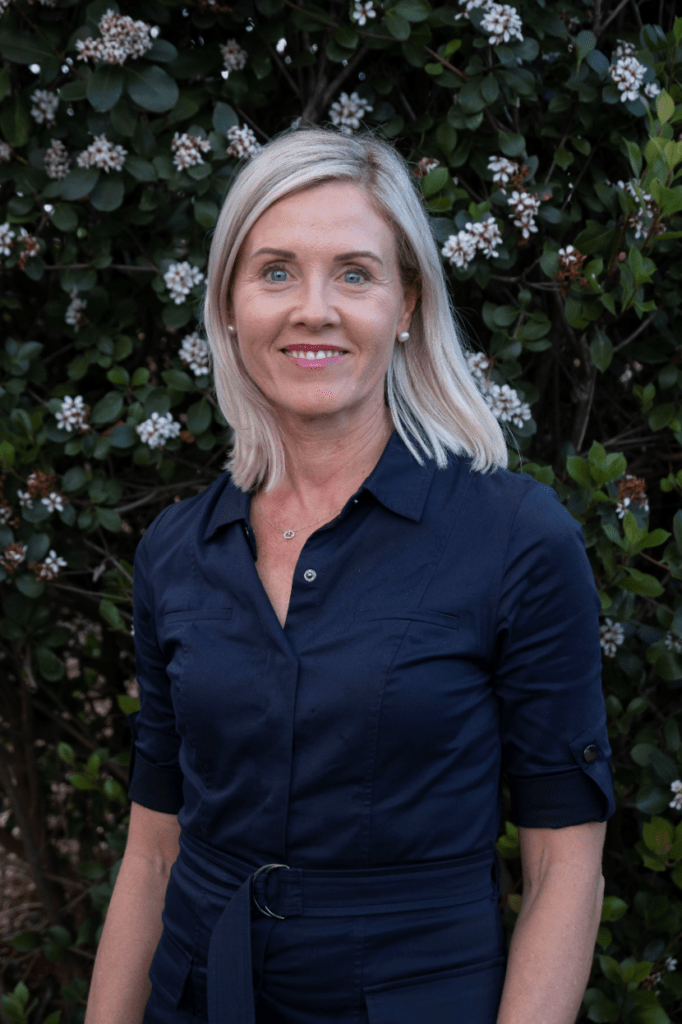"STRONGER TOGETHER" is a weekly column where Tanya explores key issues. This week Tanya focuses on wellness."
By Tanya O'Shea, IMPACT Community Services' Managing Director
The notion of wellness is often aligned with good health; but it’s more than a state of health, it’s actively pursued.

It’s not necessarily a state of achievement, but the continuous work you do to maintain mental, physical, emotional, environmental, and social wellbeing to mitigate any negative impacts on your mental health.
Wellness to some may sound a little commercialized in the wake of a boom in holistic health businesses, retreats, or the likes. But when the concept is stripped back, it’s more about self-awareness and actively listening to your needs.
The world is unpredictable and often unforgiving, so you need to equip yourself with means to survive and thrive – like putting on sunscreen and a hat on before going outside to minimize UV exposure.
Self-care is the sunscreen for your mental health. However, to suggest it’s easy to apply would be naive.
Everyone is different, individually, and circumstantially – so you need to be kind to yourself when it comes to what wellness looks like and how you spend your energy and time.
Comparing yourself to others to a point of self-criticism rather than inspiration will do more harm than good.
You need to look inward to grow, and if you discover you need support you’re not alone.
While prevention is better than treatment, we understand how hard it can be to realize you need help, let alone get it.
IMPACT Community Services attended the recent Mental Health Select Committee’s Inquiry into the opportunities to improve mental health outcomes for Queenslanders public hearing.
At the hearing, IMPACT’s Health and Support General Manager highlighted the need for a simplification of the referral process; the importance of individual choice for provider; collaboration between support workers, business and clinicians for the best care, diagnosis, and treatment; and prevention – highlighting the need for wellness.
Until more support is streamlined and accessible, as individuals it’s important not to lose focus on what you can control and how you treat yourself.
There are plenty of anecdotes which optimize wellness in the form of self-care. A popular one is, ‘you can’t pour from an empty cup’.
Self-awareness is about knowing what fills your cup, what drains it, where you’re willing to pour and how much you have left.
Self-care is acting on this. A small shift in thinking and simple actions can begin to improve your overall wellbeing. It shouldn’t be thought of as something on your to do list, rather it should be enjoyable and meaningful.
I pick up leaves and flowers and water my gardens each morning as a mindfulness activity. I also pat my dogs as soon as I get out of bed, as an opportunity to be grateful.
For some people self-care is journaling, exercise, meditation, stretching or some form of stillness. For others it could be getting a smoothie or listening to music; whatever it may be for you, it should be freeing.
We often think ‘I have no time to focus on me’, or ‘there are too many other things that need my energy’. But the reality is that we all have enough time in a day - we just have to choose how we spend it.
Self-care is individual and ideally something that brings us into the present. No planning for the future, no worrying about the past. Just being present with what you have in that moment.
So, how can you free up some time in your day to focus on yourself?
Each day, get into the habit of asking yourself, ‘What did I do to fill my cup today?’
